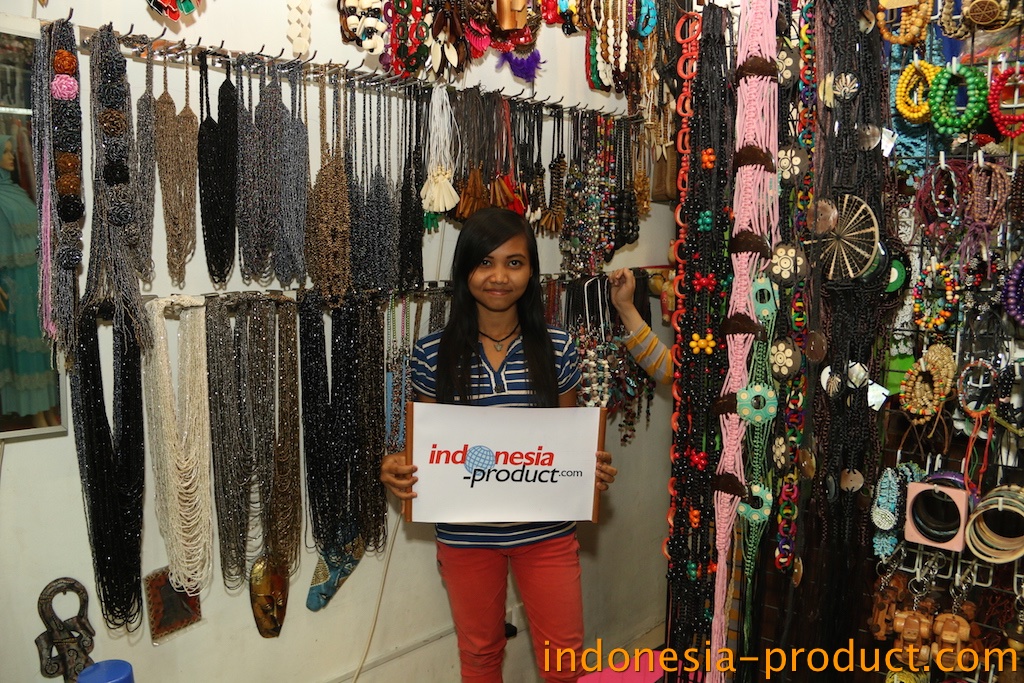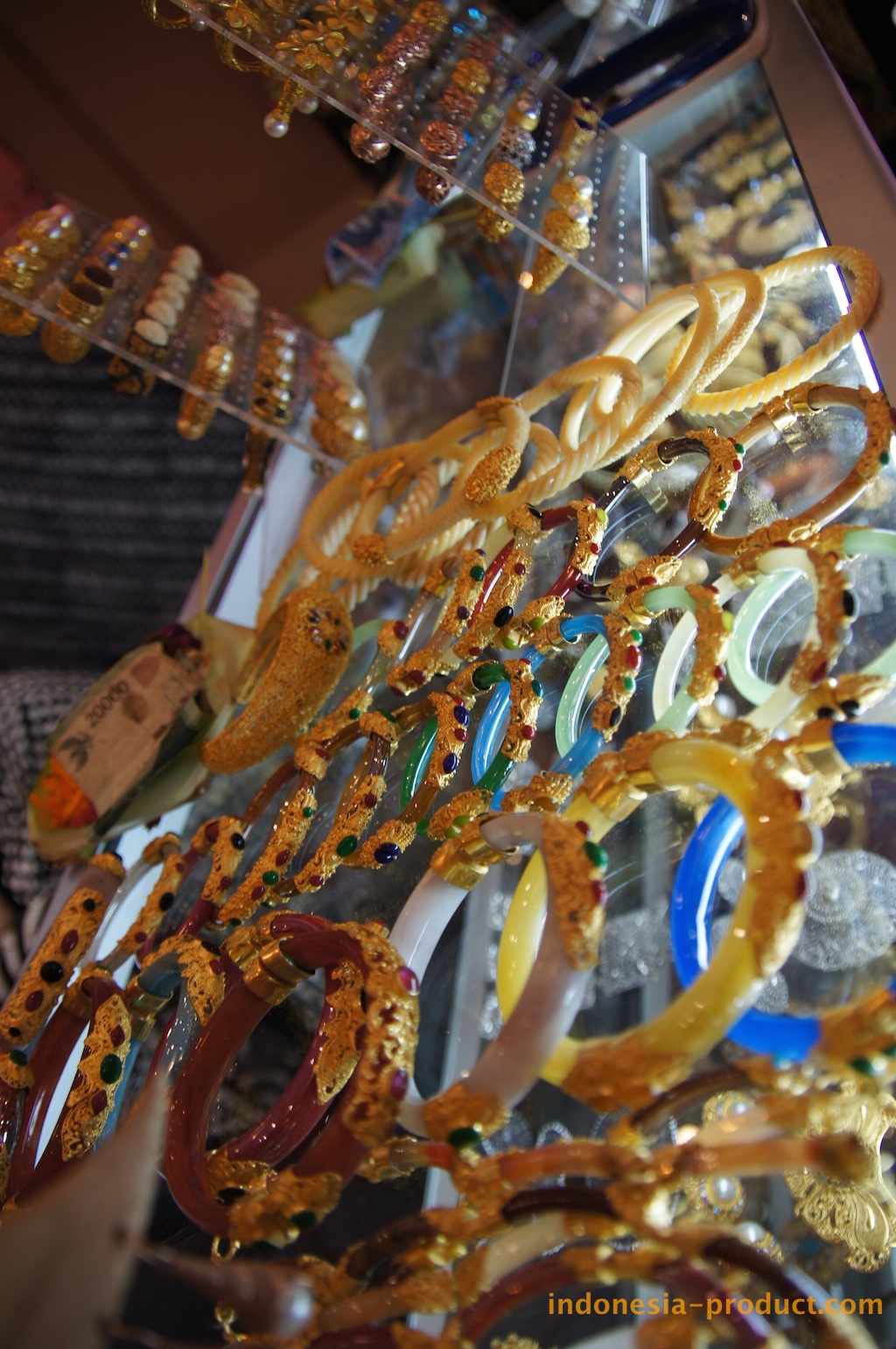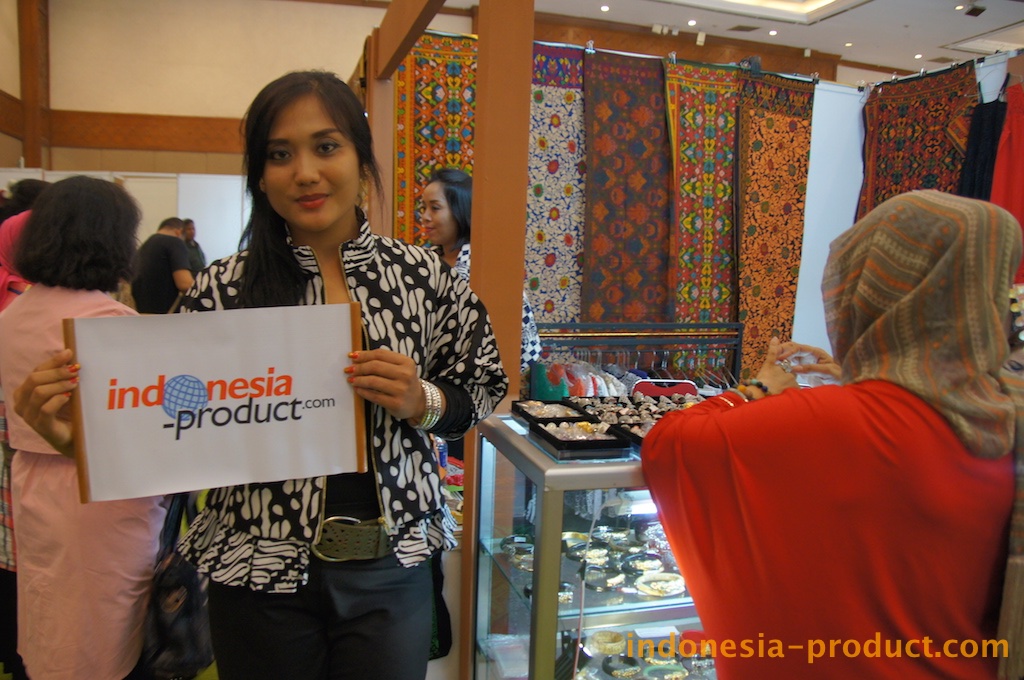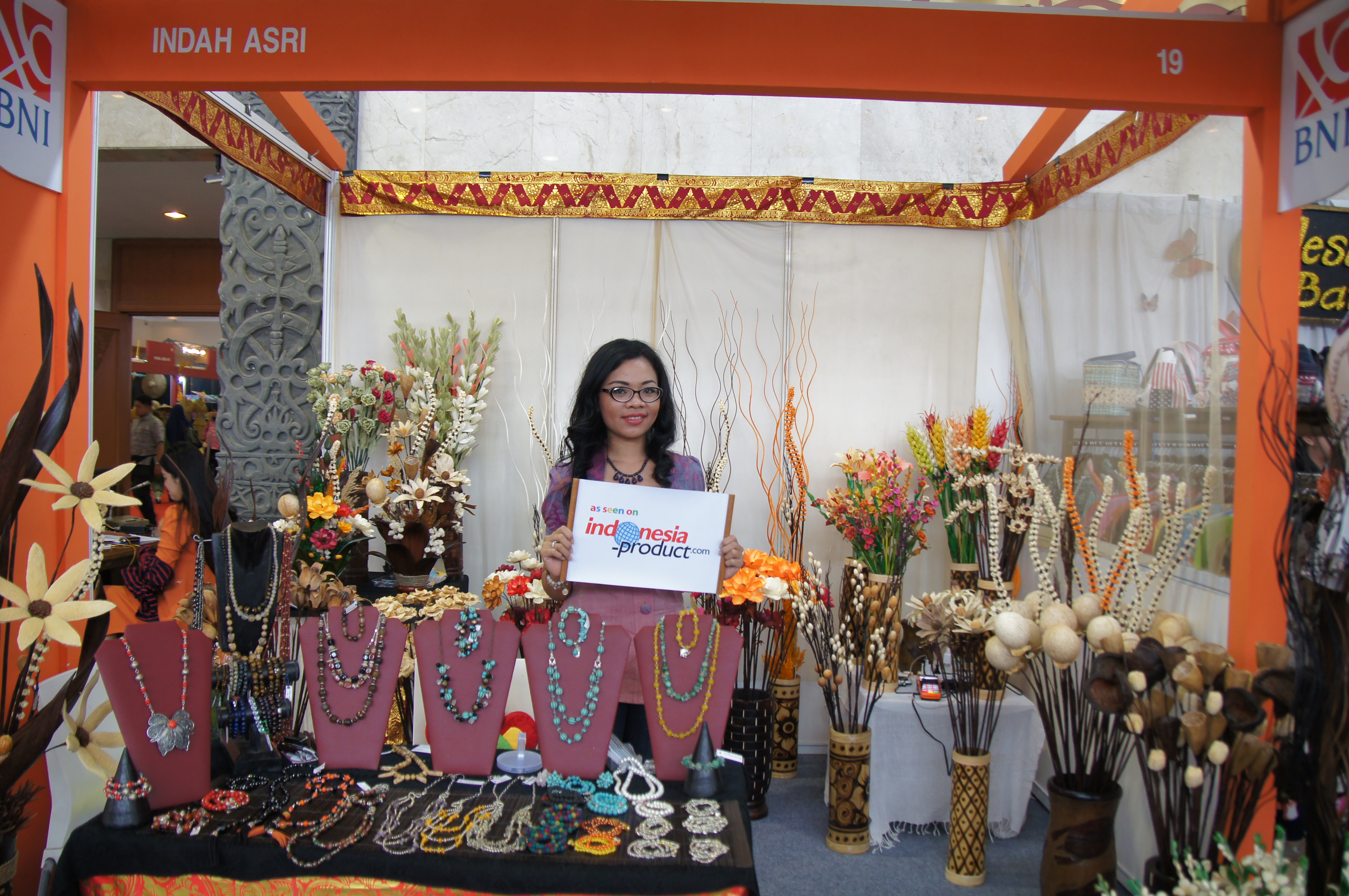Women Prefer High-Tech Gadgets Instead of Jewelry
Playfuls.com, Romania
Marilyn Monroe launched the world-wide appreciated tune “Diamonds are a girl’s best friendâ€. But that is just history, according to a new study in the US.
Women apparently have begun to think more at buying or choosing a plasma TV rather than wearing a diamond necklace.
The study that demonstrated this was conducted by US cable TV channel Oxygen Network, which is run by women.
According to it, 77 percent of the female subjects preferred a plasma TV instead of a diamond necklace and more than half of the investigated women (56%) prefer the plasma TV to a trip in Florida.
‘People make the assumption that women are not as advanced as men when it comes to technology and I was surprised at the parity men and women now have in terms of technology,” Geraldine Laybourne, chairman and chief executive of Oxygen Network, told Reuters.
The conclusions of the study show that the gap between men and women in perceiving and integrating technology has narrowed significantly in the past few years.
Although women are known for their interest in shoes and clothes, the research made by market investigator TRU has shown that 86% of the female subjects opted for a digital camera instead of a pair of designer shoes.
The study also discovered that over the next five years women see themselves increasing their activities in six tech areas: digital cameras, cell phones, e-mail, camera phones, text messaging and instant messaging.
Geraldine Laybourne envisioned an even brighter future for tech-women: the use of gadgets is expected to increase and the knowledge about other tech domains too. This would mean that advertisers should revise their strategies on the market, in order to provide a lot more addressability to women.
The survey was conducted on a sample of 1,400 women and 700 men aged between 15 and 49. Women were found on average to own 6.6 technology devices while men own 6.9, and four out of every five women felt comfortable using technology with 46 percent doing their own computer trouble-shooting.
“Women don’t feel like they have been given credit for what they know and they are condescended to,” Laybourne said.
Still, the conclusions of the survey are not to be taken without caution. First, the sample used is quite small to be able to extrapolate the findings to the general population, even that of US.
Second, it is made in the US, a country known for the spreading of technology in everyday life. In other parts of the world, the same study would lead to totally different conclusions.
Third, there could be a biased evaluation of women’s preferences compared to men’s, since there were only 700 men questioned and a doubled sample of female subjects.





